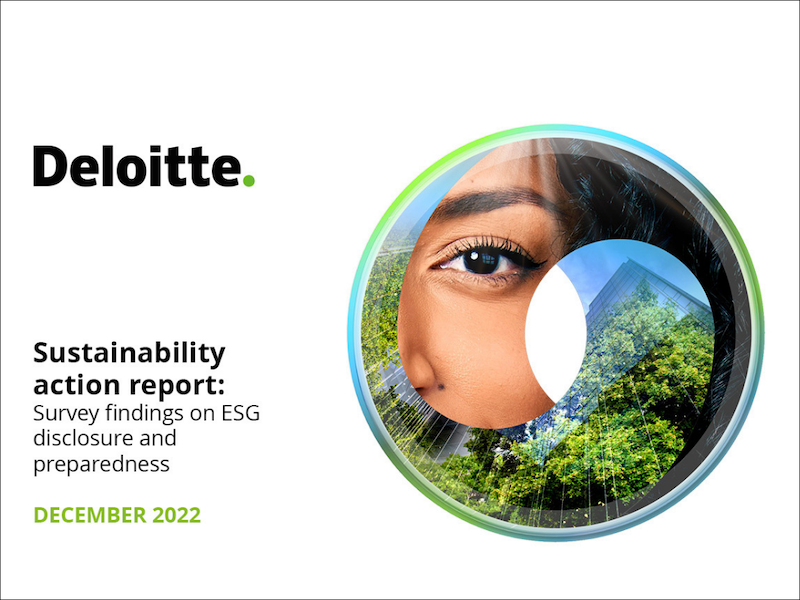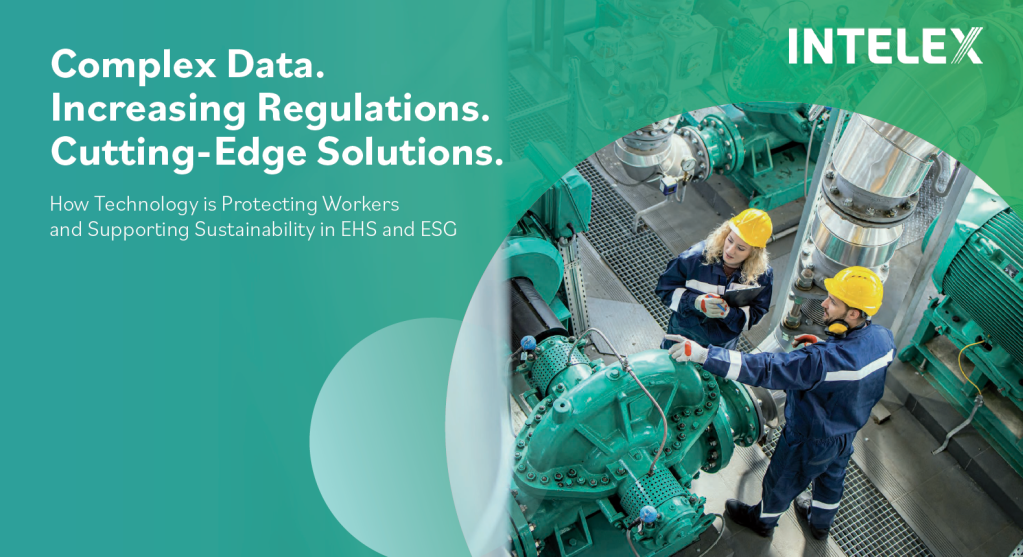Sponsored
From pledges to plans to achieve net zero
Sponsored: Ball Corporation’s chief sustainability officer, Ramon Arratia, discusses the company’s detailed plan to reach its decarbonization goals. Read More
How do we restart stalled corporate climate action?
Sponsored: Data shows climate ambition among the world’s largest companies is waning. How do we change this trajectory to work towards vital 2030 climate goals? Read More
Disclosure to Decarbonization: A Guide to Setting and Achieving Your Climate Goals
Today, sustainability plays an increasingly vital role in corporate strategy and operations, with expectations on sustainability leaders growing as climate risks become more material. As those expectations grow, many organizations are encountering challenges as they endeavor to turn their sustainability goals into concrete, impactful initiatives. Read More
Herbal Essences’ ‘Plant. Grow. Nourish.’ initiative advances responsible sourcing
Sponsored: At participating retailers, the purchase of Herbal Essences shampoos and conditioners benefits sustainable guar farmers in India. Read More
Sustainability Action Report: Survey Findings on ESG Disclosure and Preparedness
ESG expectations are on the rise. And companies are responding. Environmental, social and governance (ESG) concerns continue to ratchet up as stakeholders increasingly expect a company’s business strategy to align with its sustainability commitments, priorities and requirements. Stakeholders understand the impact and dependence of companies on the environment and society, and it’s evident that sustainability reporting and disclosure are more than “check-the-box” compliance exercises. Read More
3 business reasons for a mind shift on microgrids
Sponsored: Microgrids can provide the solution to the sustainability dilemma and offer other business benefits, learn why now is the time for on-site microgrids. Read More
Code red for nature means that companies need to step up
Sponsored: The alarm has been sounded, and companies need to ensure that they have effective nature strategies. Read More
Introducing closed-loop circularity for hard-to-recycle automotive plastics
Sponsored: Molecular recycling can prevent this growing stream of waste from cars out of landfills. Read More
Global Research Report: Complex Data Increasing Regulations & Cutting-Edge Solutions
Your EHS and ESG obligations are becoming more numerous and more complex every day. From increased market expectations and regulatory responsibilities to managing overwhelming amounts of data, organizations are under pressure to deliver effective EHS and ESG programs while still providing value to customers and stakeholders. Unfortunately, many organizations don’t know where to start as they struggle to meet these challenges. Read More
Community solar gardens can help close the equity gap
Sponsored: More Americans can transition to renewable energy without installing rooftop solar panels. Read More









